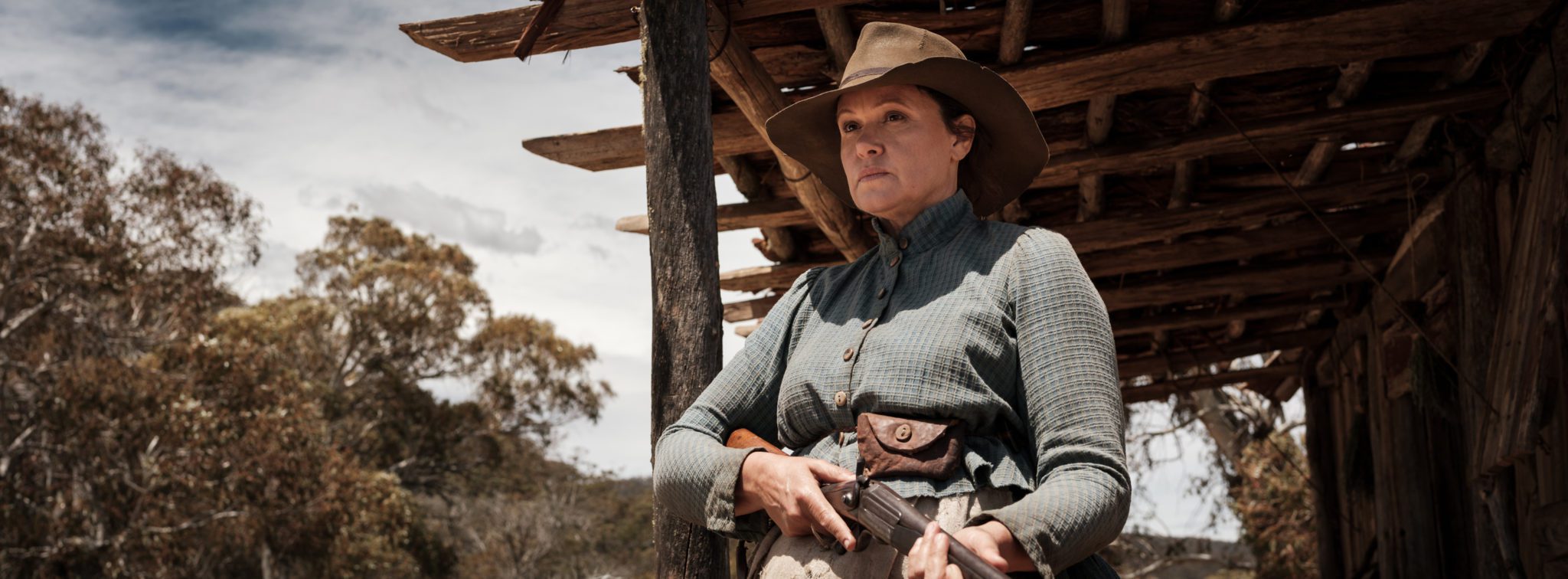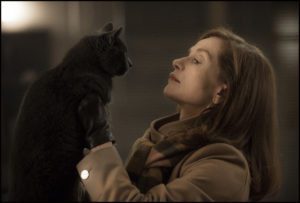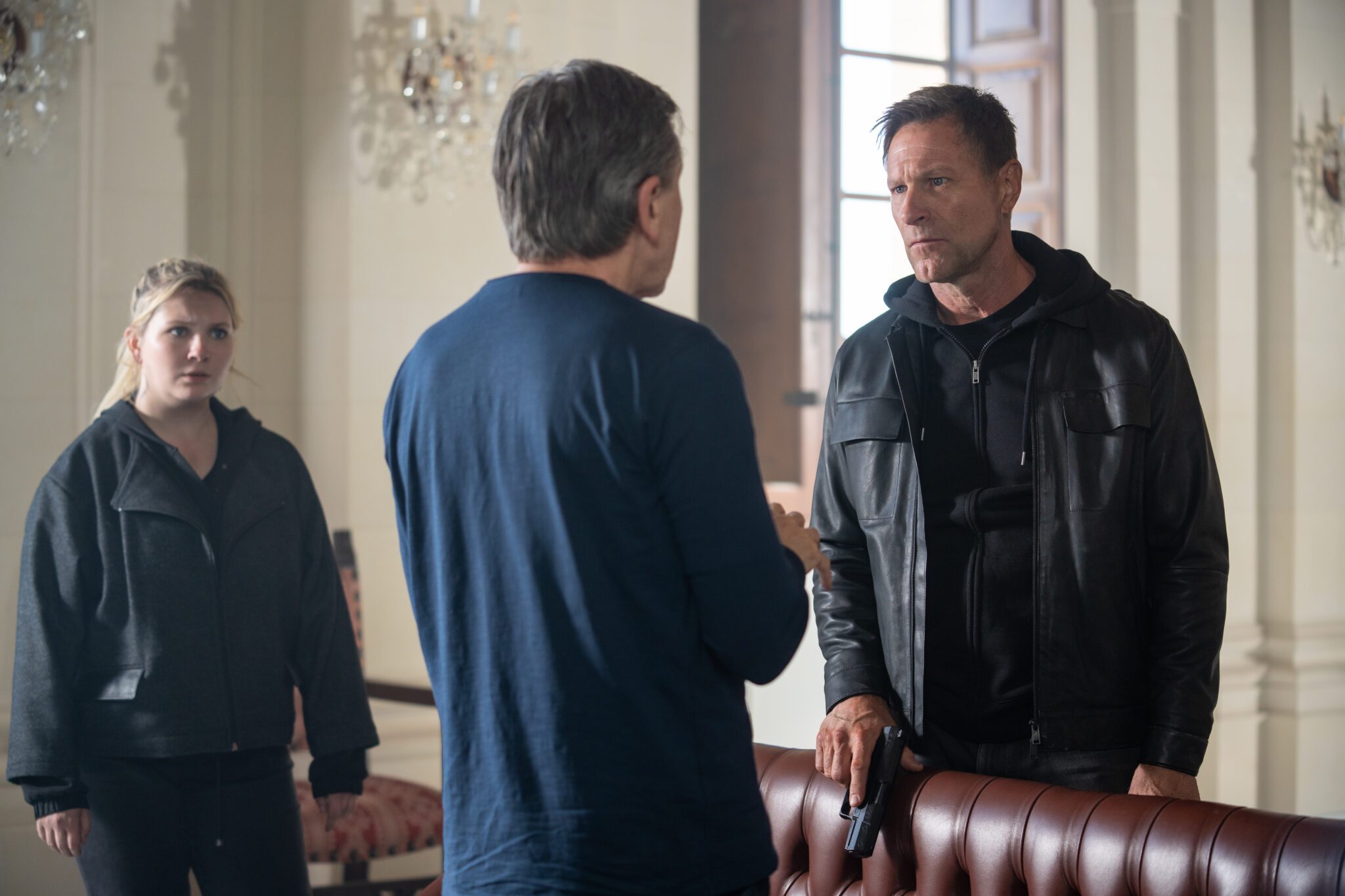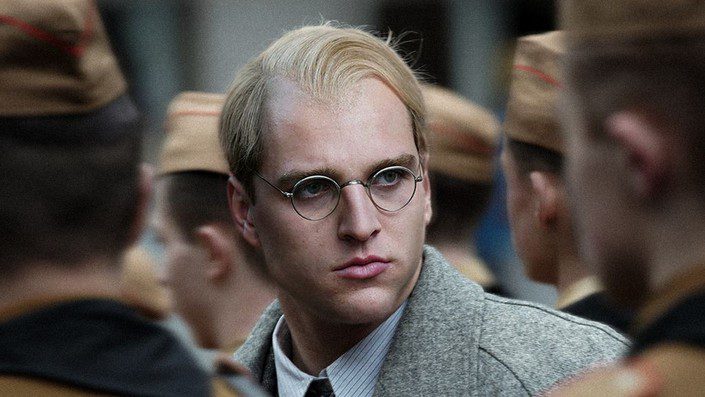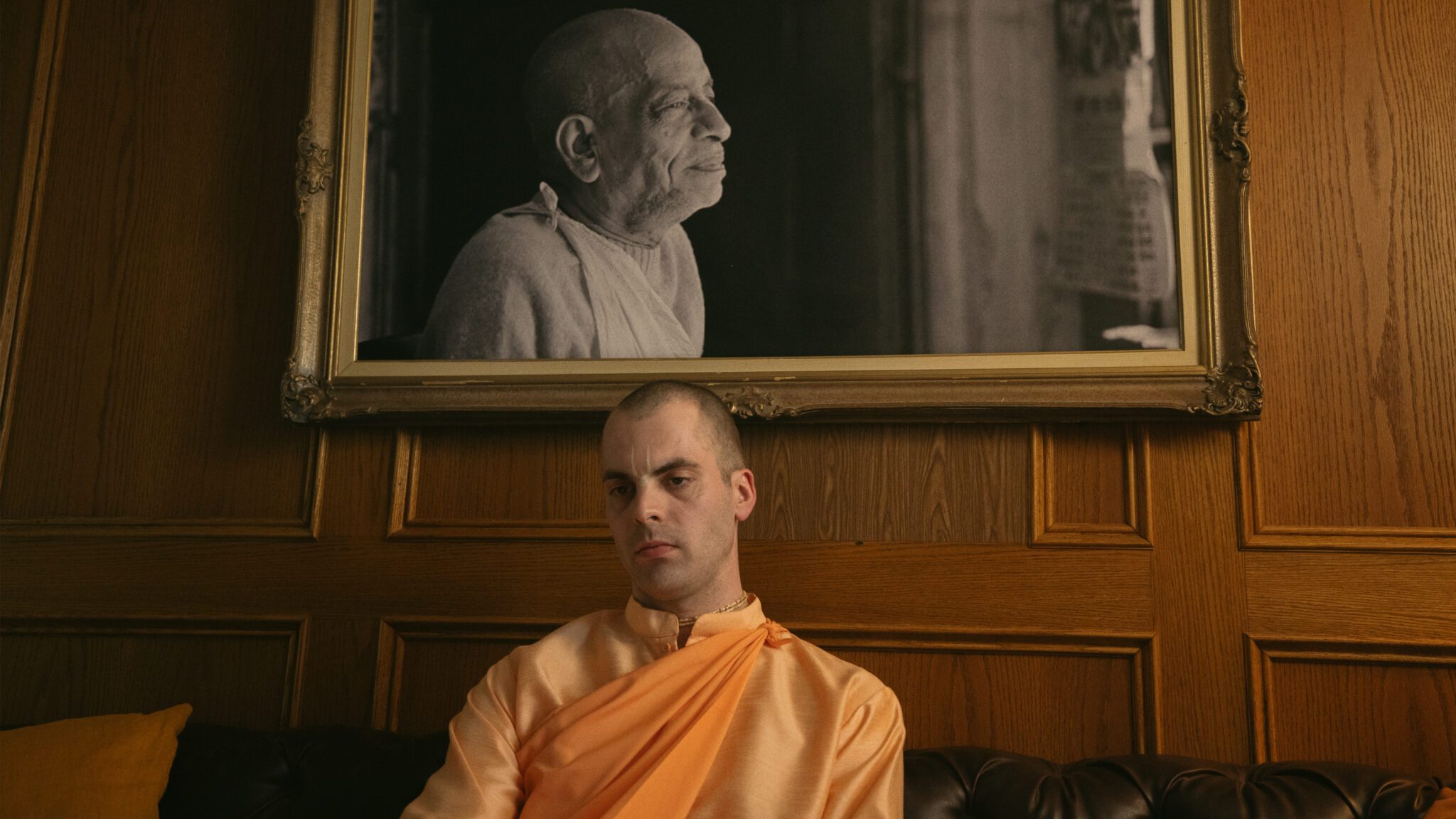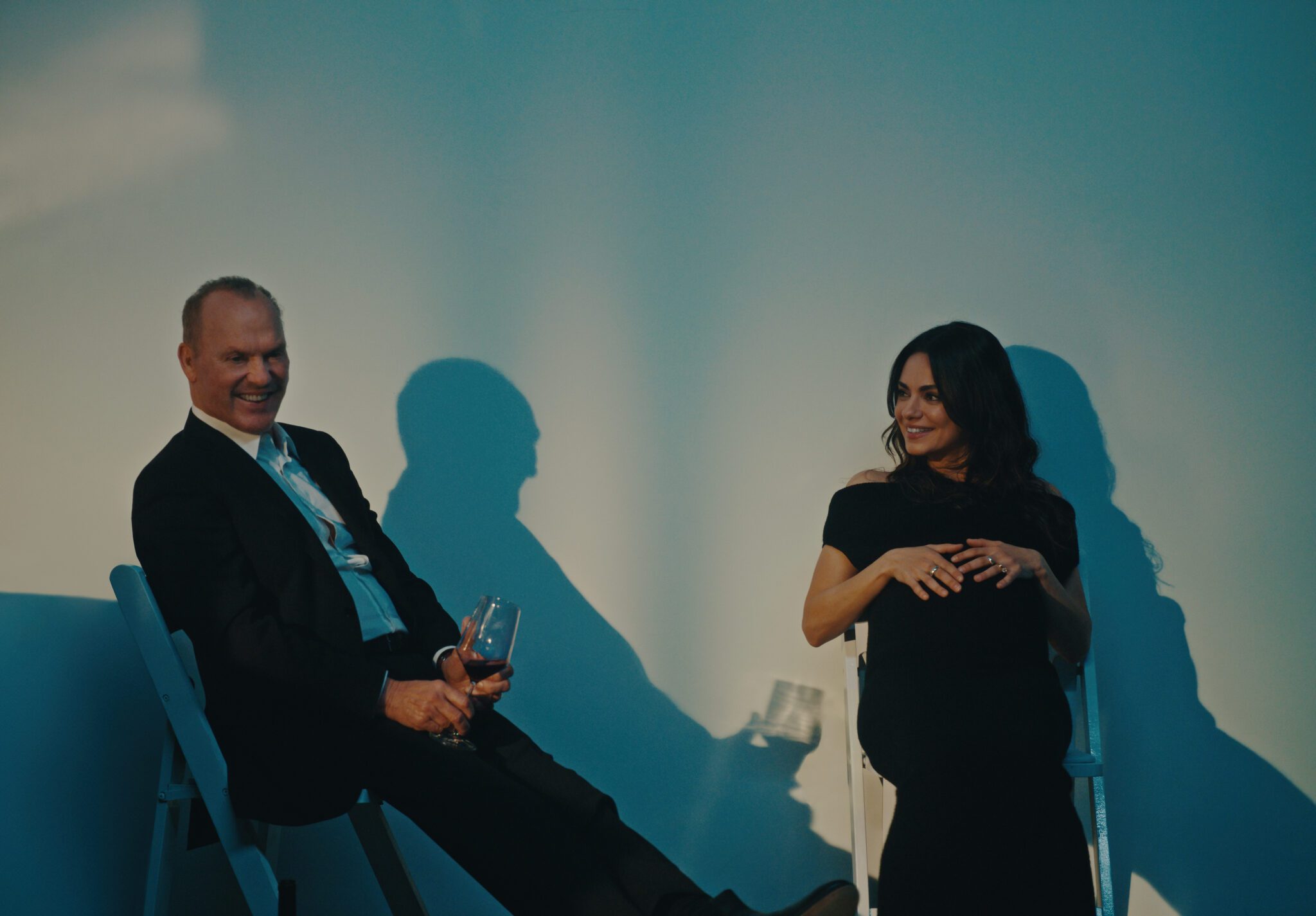How far will someone go to protect the ones they love? In Leah Purcell?s Australian Western, The...
rape
?I really can?t take it anymore. You?re not only destroying my body, but my soul.? An actress...
?I can?t help thinking that somehow if you?d managed to hold on to me, I?d be living...
The emotional ghosts of the past are the driving force of the melodramatic The Price for Silence....
?And yet she persisted? is a political statement in the US. It speaks to women seeking a...
In a very special episode of the show, Steve sits down with teens Savannah Roach, Daniel Collins,...
You?ll note I never give you a preview of what I?ll see the next day when I...
?It?s twisted.? That brief line of dialogue defines Paul Verhoeven?s Elle in more ways than one. The...
The film touches on the question of how God can allow such evil to exist, but without...

